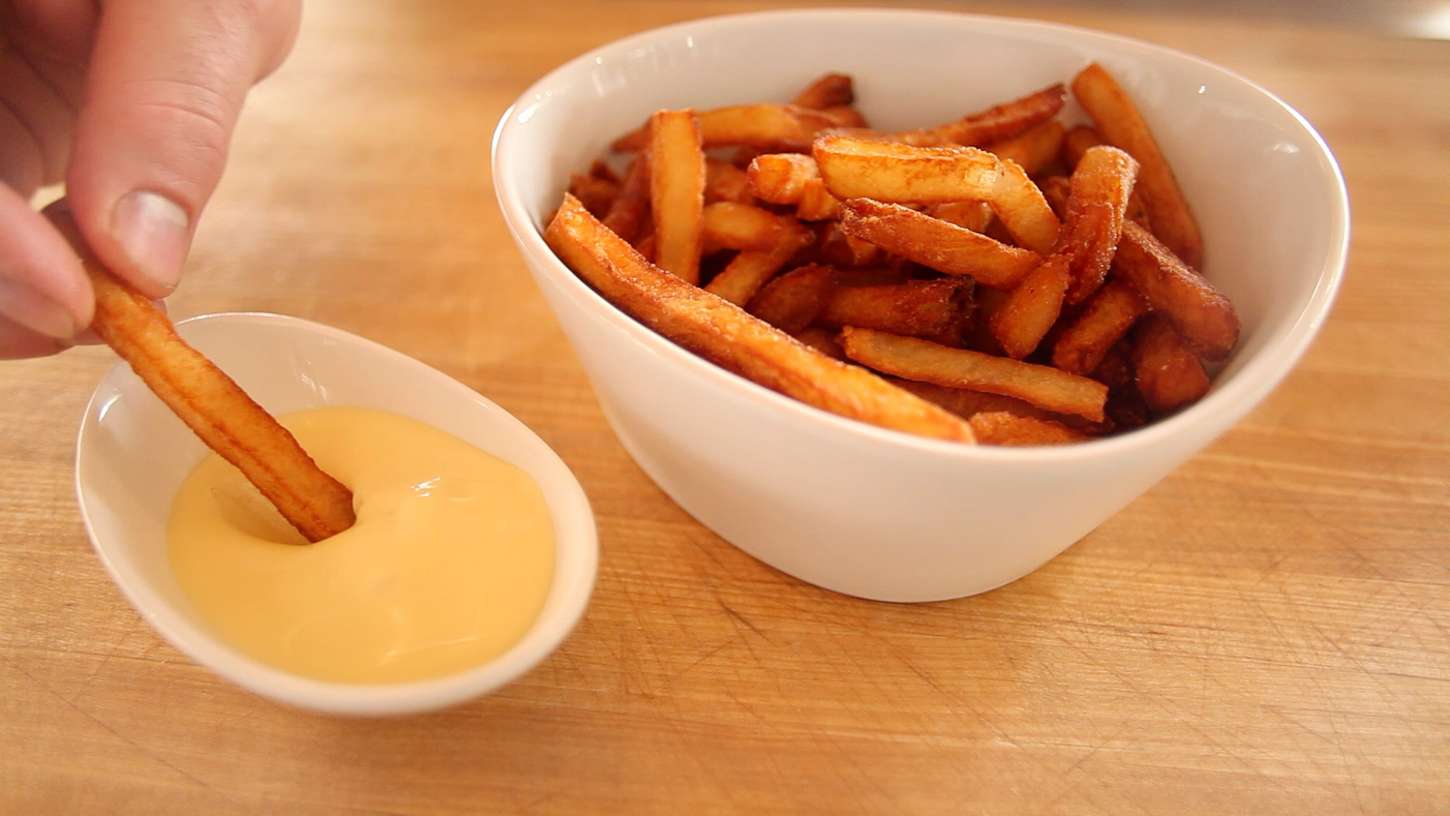How Many Carbs in Mayonnaise? The Surprising Truth for BBQ Lovers
Written By James Morgan
When it comes to creating the perfect barbecue, the little details are what make all the difference. Something as simple as your choice of condiment can take your grilled masterpieces to the next level. Mayonnaise is often an underappreciated gem in the world of sauces and spreads.
However, if youre one of the many BBQ enthusiasts who meticulously count their carbs, you might be wondering, how many carbs in mayonnaise? Understanding the nutritional facts can help you better enjoy your meals while keeping your dietary goals in check.

Understanding the Basics of Mayonnaise
Before we dive into the carbohydrate content, its essential to know what mayonnaise is made of. Traditionally, it includes oil, egg yolk, vinegar, or lemon juice, all of which come together to create that creamy texture we love.
This classic condiment is loved for its versatility, from slathering it on sandwiches to mixing it into salads. But it raises a key question: what about those carbs?
:max_bytes(150000):strip_icc()/GettyImages-1299756009-2000-9be3649deb084f43b13e66fb48d046c8.jpg)
Carbohydrate Content in Mayonnaise
Typically, mayonnaise is considered low in carbohydrates. The standard serving sizeabout one tablespooncontains about **0.1 grams of carbohydrates**. This makes it an excellent option for people following low-carb or ketogenic diets.
It's important to differentiate between traditional mayonnaise and its many alternatives. Sugar-laden varieties and flavored types can have higher carb counts. Always check the label to be sure!
Homemade vs. Store-Bought Mayonnaise
One of the first decisions BBQ enthusiasts must make is whether to go for homemade or store-bought mayonnaise. Homemade mayonnaise will generally have the same carbohydrate content as the store-bought ones since both rely on similar ingredients. However, the health aspects can vary widely.
For those interested in making their own, the freshness and quality can give a flavor boost to your barbecue dishes. Check out the shelf life of homemade mayo to get the most from your efforts.

Mayonnaise and BBQ: Perfect Pairings
Now that we know the carb count, its crucial to talk about how to incorporate mayonnaise into your barbecue. Here are some delicious ideas:
- Coleslaw: Mayonnaise is the base for creamy coleslaw, perfect for any barbecue gathering.
- Marinades: Using mayonnaise in marinades adds moisture and flavor to meats and keeps them tender during grilling.
- Salads: Whether a classic potato salad or a unique twist, mayonnaise brings everything together.
Are There Health Benefits?
Aside from being low in carbohydrates, mayonnaise has some other potential health benefits. The fats in mayonnaise, particularly if made with healthy oils, can support heart health. But remember, moderation is key. For more insight, you can read about whether mayo is good or bad for you here.

Alternatives to Traditional Mayonnaise
If you're looking for a way to enjoy the creamy goodness without the carbs, there are plenty of alternatives available. Some popular low-carb substitutes include:
- Greek Yogurt: A healthy alternative that provides protein and fewer calories.
- Avocado: Makes a creamy spread packed with healthy fats.
- Mustard: Adds flavor without the carbs, perfect for those who like it zesty.
Storing Mayonnaise: What You Need to Know
Its always wise to know how long your mayonnaise lasts, regardless of whether it's homemade or store-bought. Typically, store-bought mayo can be kept in the fridge for several months, while homemade mayo usually lasts about a week. You can check out more details on the storage of mayonnaise.
FAQs about Carbs in Mayonnaise
1. Is mayonnaise completely carb-free?
No, traditional mayonnaise contains roughly **0.1 grams of carbs per tablespoon**, making it very low-carb.
2. Are there any mayonnaise brands that are lower in carbs?
Yes, some brands offer low-carb or keto-friendly mayonnaise. Always check the nutrition label to confirm.
3. Can I use mayonnaise in dishes if Im counting carbs?
Yes! You can safely use mayonnaise in moderation, as it contains a negligible amount of carbohydrates.
Conclusion: Enjoy Mayonnaise in Your BBQ
In conclusion, mayonnaise is a delightful addition to any barbecue meal. With its low carbohydrate count, it's a guilt-free condiment for countless dishes. Remember, quality matters, so whether you're making your own or picking a store brand, ensure it fits your dietary needs. Now, go ahead and elevate your barbecue game with this underrated sauce!
As an Amazon Associate, I earn from qualifying purchases.



